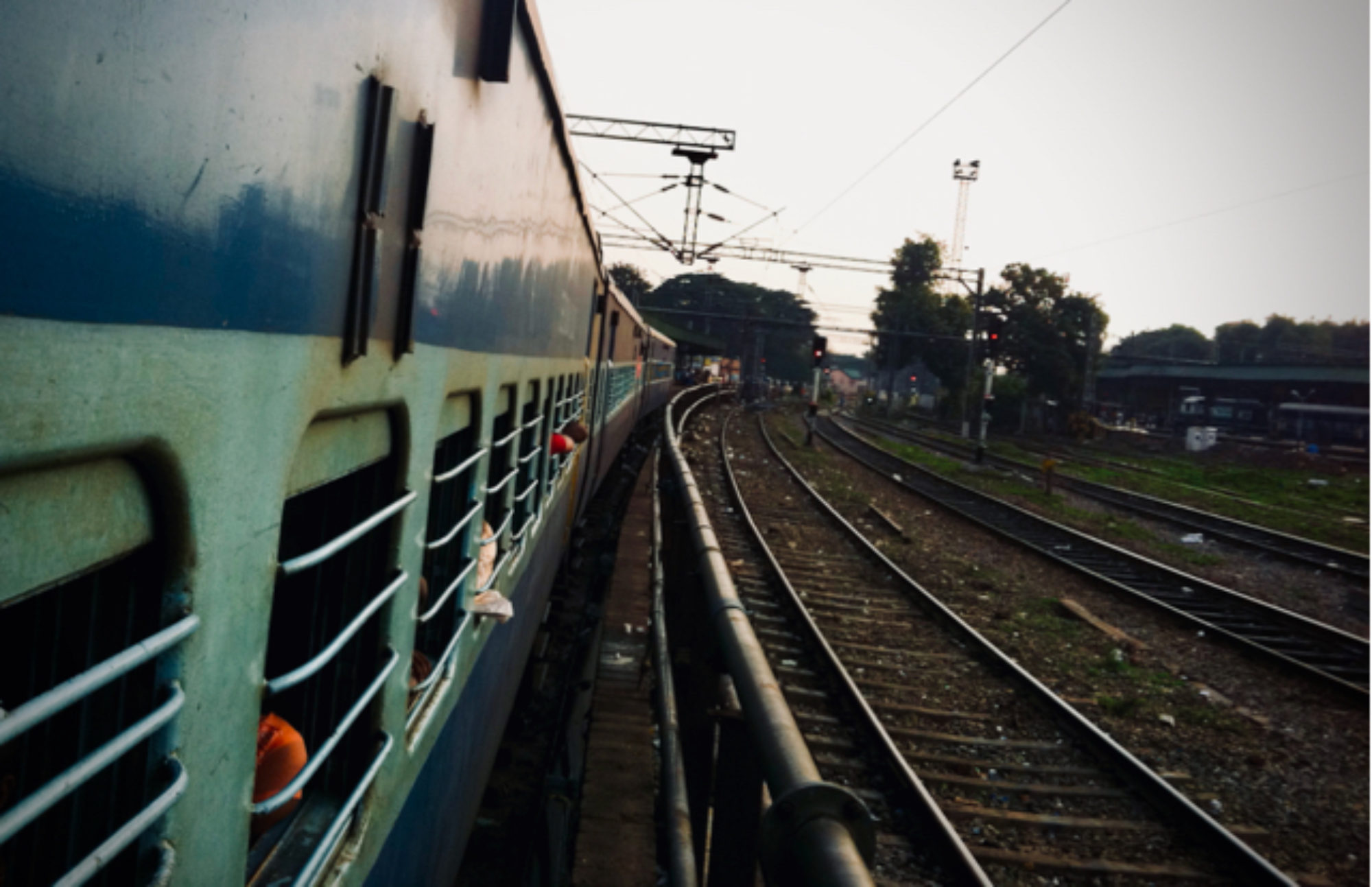With every action comes a consequence. In our reading this week, we focused on the consequences of agricultural practices on the environment. We are always looking for new investments that can solve these worldwide problems.
“Water pollution” by C Michael Hogan on The Encyclopedia of Earth
With 50 millions annual deaths worldwide due to contaminated water, water pollution has become a serious, global health risk. Unfortunately, agriculture is one of the biggest water polluters. Take for example the nitrogen used on crops to increase yield. When it is not completely absorbed the remaining nitrogen will runoff into the water, contaminating the water sources. Other fertilizers, such as radioactive phosphate fertilizer, make their way into the environment as well, specifically into the water. Agricultural practices also contribute to the physical pollution of the water due to excess sediment runoff from the plots. Agriculture is vital to our livelihood, but so is water. Unless we find ways to eliminate water pollution, the current, widely-accepted practices will become unsustainable.
“Government Asks Farmers To Control Runoff” by Clay Masters on Net Nebraska
Alarmed by the excessive runoff water that has made its way to the waterways, the government of Iowa is requesting that farmers reduce the use of fertilizers. Although it is not an official request, the government is providing farmers with incentives to change their ways and is teaching new sustainable farming practices in the hope of reducing runoff. Just this summer, the nitrate levels in local rivers were so high, it cost $7,000 a day to remove them. While farmers may think they are doing their best to reduce the runoff, they can’t truly know until the water has been tested. Rather doing damage control, officials should use this awareness to promote preventative measures and reduce agriculture’s burden on the environment.
“Overpopulation Is Not the Problem” by Erle C. Ellis on New York Times
By 2050, the Food and Agriculture Organization of the United Nations estimates that population will increase to more than 9 billion people. As we push Earth’s capacity, the concern of food production comes to question. While we are still under 8 billion inhabitants, many are suffering from poverty and malnourishment. With the proper policies in place promoting food security and if necessary investments are made, the future population can be supported. This only further emphasizes the importance of working towards sustainability and the need for innovative start ups that can revolutionize food production.
“How a Manure-Eating Beetle is Helping Save the World” by Thinkprogress on Care2
One of the most potent greenhouse gases is methane – the very same gas produced by cows. In fact, the United Nations believe that cows are worse for the environment and are contributing more to climate change than trucks and cars combined. By increasing cattle farming and keeping them indoors, the methane gas emission has worsened. Be that as it may, the dung beetle has emerged as a possible reducer of methane gas emissions. By eating the cow pats, the manure goes through aerification which removes the anaerobic properties that allow the methane gas to escape. This little beetle could possibly be responsible for reduction of methane emission on a global scale.
New here?
- Learn about what we do.
- Follow us on Twitter.
- Like us on Facebook.
- Join us on LinkedIn.
- Sign up for our mailing list.
- Catch up on past Weekly Reviews.
- Fundraising for a mobile tech, alternative energy, or ag tech startup? Apply.
